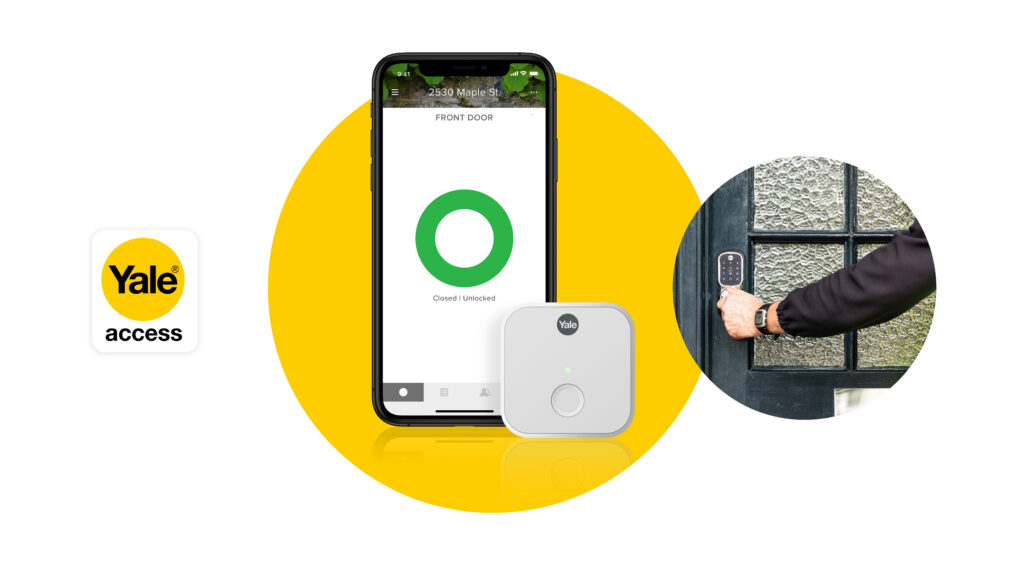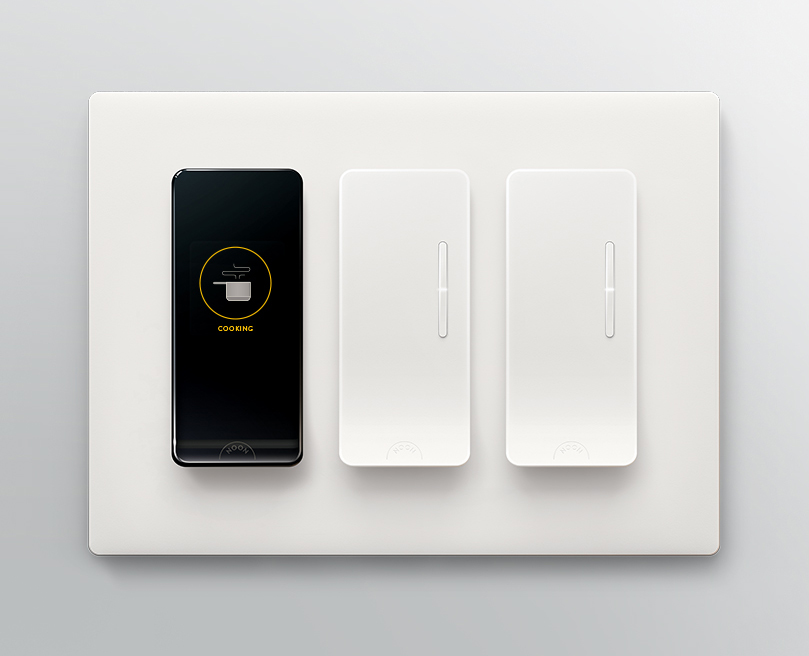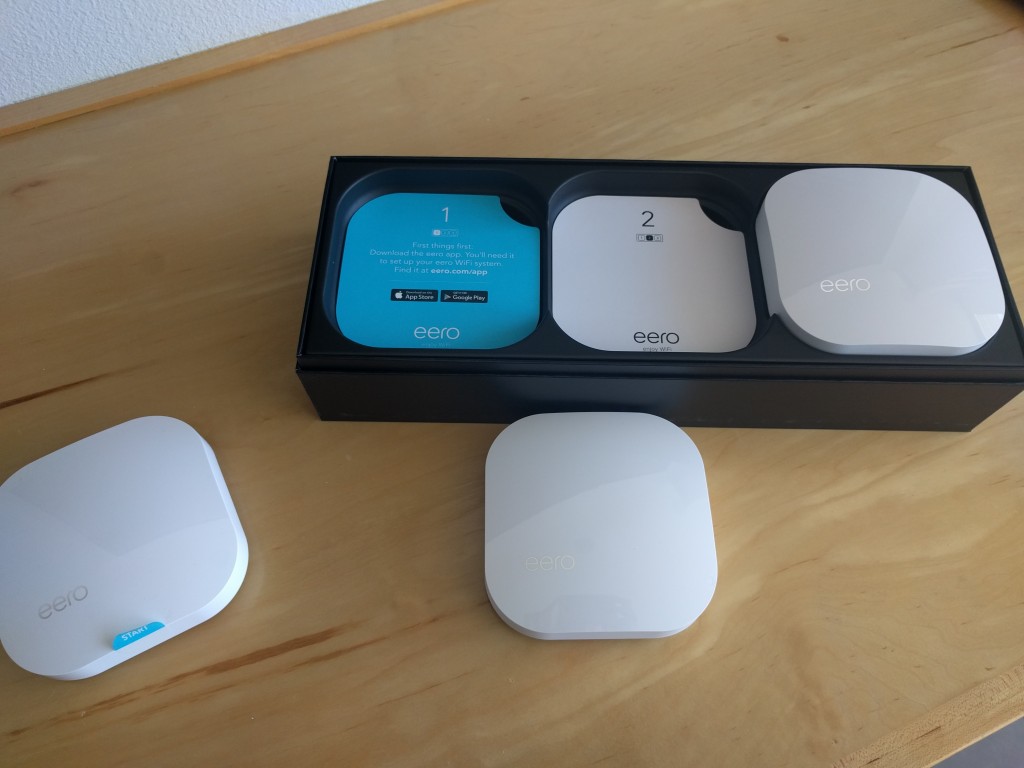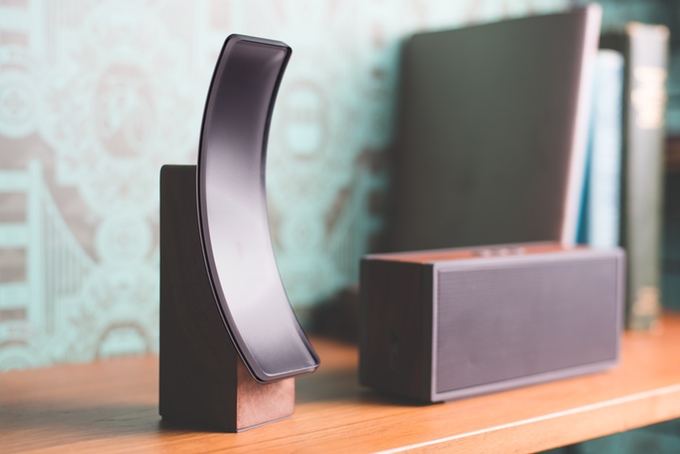This week on the IoT podcast we begin by talking about what the widespread adoption of ultrawideband chips in phones could mean for the IoT. From there, it’s on to Google’s always-listening software update, humans coming back into the QA loop, and earthquake detection on Android phones (there’s another earthquake project too!). Kevin also asks how much control you have over your smart home. We covered security news from DEFCON starting with traffic light hacks and ending with some scary security holes in the satellite network infrastructure. We also touched on news from SmartThings, Wyze, the UK, a new fitness device, and Apple. Finally, we answer a question about the security associated with having multiple device accounts.

Our guest this week is Bill Bither, CEO of MachineMetrics, which grabs data from factory machines. He discusses the impact that COVID-19 has had on manufacturing based on aggregated client data, and best practices for dealing with the pandemic. He also dug deep on the concept of a digital thread. The digital thread is the idea that manufacturers can gather enough data to follow the life of a product from material to finished good in the field, and use data from the manufacturing process to understand how to improve quality. We also talked about sharing data across supply chains, and why that isn’t yet happening. It’s a good show.
Hosts: Stacey Higginbotham and Kevin Tofel
Guest: Bill Bither, CEO of MachineMetrics
Sponsors: Very and Silicon Labs
- NXP is all in on ultrawideband for the IoT
- Gosh, darn it, Google!
- DEFCON hacks the IoT yet again
- What is a digital thread and why does it matter?
- How COVID-19 is affecting manufacturing
Podcast: Play in new window | Download | Embed
Subscribe: RSS




